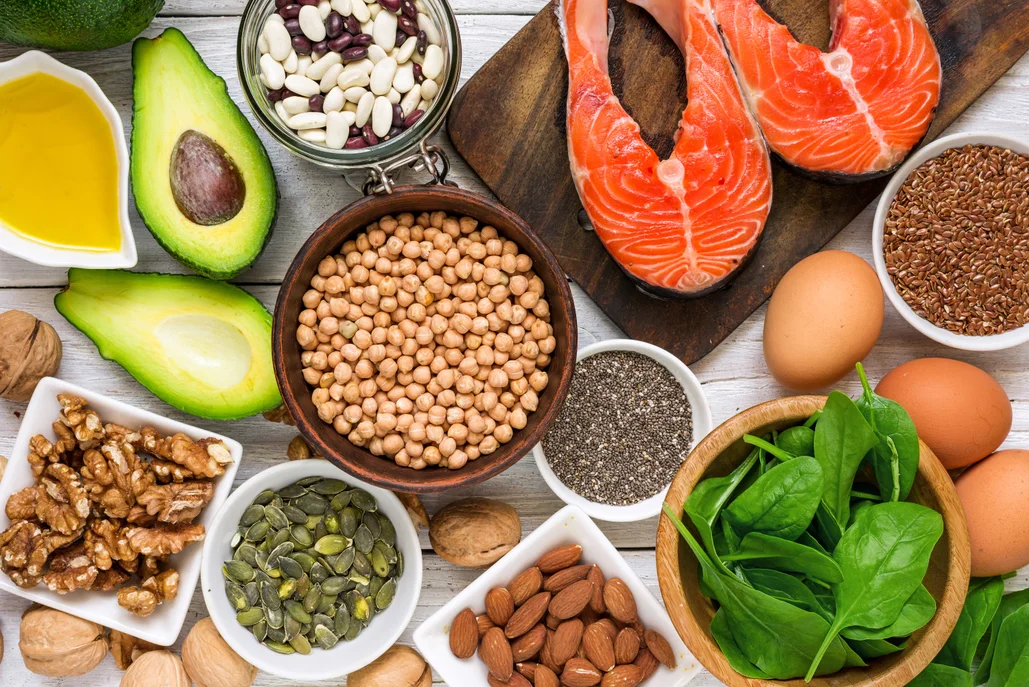Hormone balance and hormone health have become buzzy topics lately, and rightfully so! Since our hormones can impact so many factors of our health and well-being, it makes sense that people want to ensure that their bodies have the correct balance of estrogen, testosterone, and other hormones.
For females, among the hormones that our bodies produce, progesterone may be one of the most important ones to maintain healthy levels (1). As a women’s health registered dietitian, I have worked with countless women to help them boost their progesterone via their dietary choices, ultimately helping them support their hormone health naturally.
If you are focused on boosting your progesterone via your diet, this article is for you. After reading this, you will understand why progesterone is so important for our health, what happens if we have low progesterone, and how to help increase progesterone via the foods we eat.



